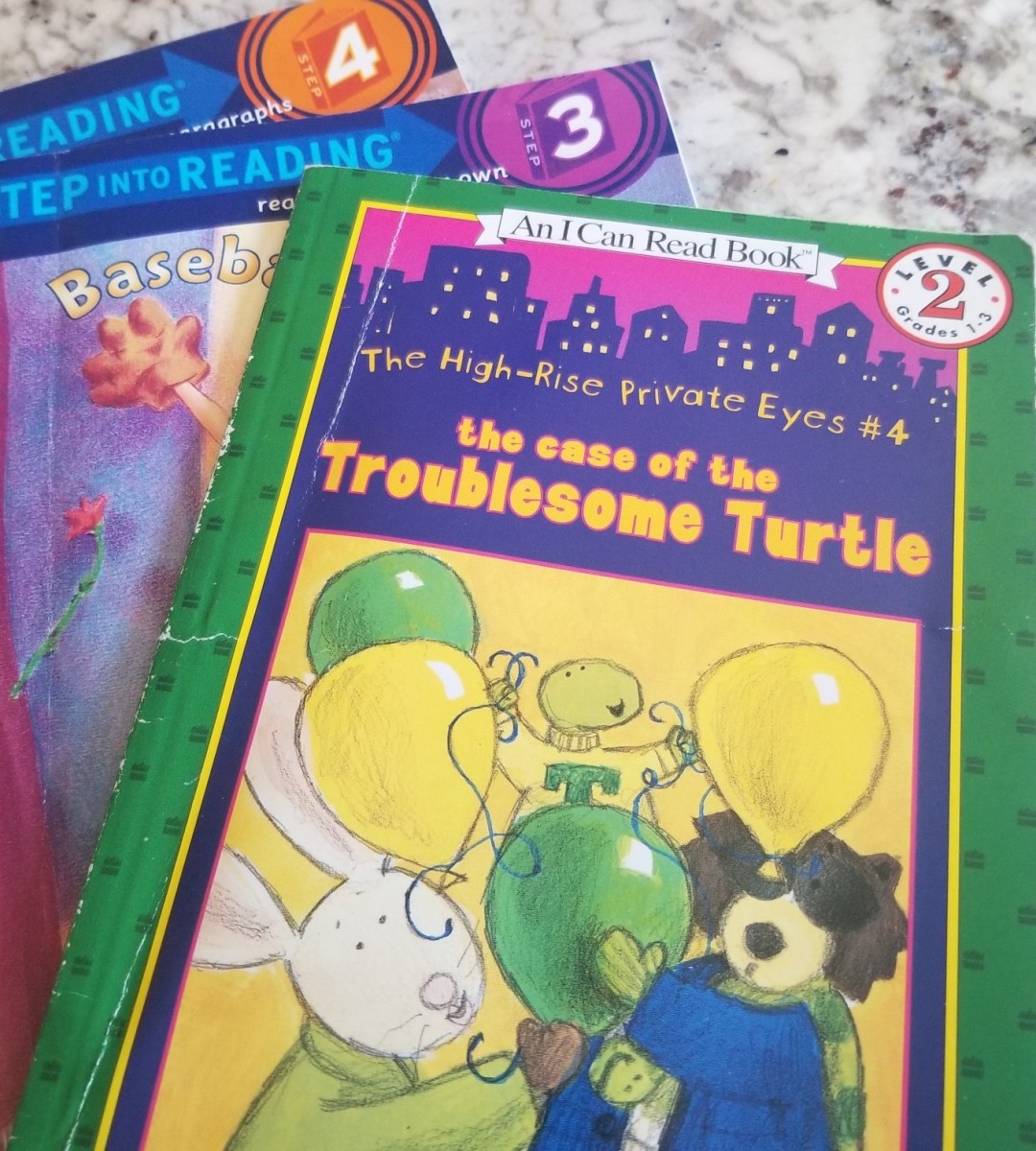The Effects of Pre-Questioning on the Reading Comprehension Achievement In Teaching English

In reading, to comprehend the text the readers should be able to manage every part of the text, because it is easy to gain the comprehension in reading when the readers are able to organize the text. Sometimes, they may find form of pre-questioning and it is important for them to comprehend a reading text with having knowledge in general view of the text. Theoretically, pre-questioning itself can build the students’ interest and motivation before students read the whole text. Moreover, the students can predict what will be discussed on the text. In line with this study, students may improve their reading comprehension if they know about pre-questioning and it is very important to understand about pre-questioning in order to get good comprehension in reading.
Based on the explanation above, the writer is interested in finding out the effects of treatment with pre-questioning and without pre-questioning on students’ reading comprehension achievement and concluded that the pre-questioning consists of some questions provided before the students read the whole text. It tends to build the students’ interest and motivation to read the text.
Brown’s (2001) explanation of display questions, schema theory and students’ background knowledge explanation. He also defined pre-questioning implicitly as some questions which are provided before the students read the whole text, in order to build the students’ interest and motivation, also their cognitive factors and pre-questioning is very useful to activate the schemata, thus the students can predict what will be faced by them in the reading text.
A.Some Factors That Influence Students Reading Comprehension Achievement
There are two factors that influence the students’ reading comprehension achievements and they are related one another, they are: internal factor and the external factor.
1. The Internal Factor
The internal factor means the factor which comes from the reader himself (Kahayanto, 2005:13). Or usually known as personal factor, because the factor has existed inside the reader. This factor dealt with self-motivation and interest.
a Motivation
Motivation plays an important role in comprehending the text. The students will be motivated to read when they fell that they need something from the text. Brown (2001:75) divided the motivation theory into two kinds, they are: intrinsic and extrinsic motivation.
Edward Deci in Brown (2001:76) defined intrinsic motivation, as follow:
“Intrinsically motivated activities are ones from which there is no apparent reward except the activity itself. People seem to engage in the activities for their own sake and not because they lead to an extrinsic reward. It is aimed at bringing about curtaining internally rewarding consequences, namely, feelings of competence and self-determination.”
On the other one, extrinsic motivation defined by him as extrinsically motivated behaviors that carried out in anticipation of a reward from outside and beyond the self. Such as; money, prizes, grades, and even certain of positive feedback.
b. Interest
Interest is being one of the important factors in order to increasing the students’ comprehension achievement in reading. If one has interest to read, it means that he or she will get a good achievement. On the other side, if the reader has no any interest to read, it can influence his or her achievement.
In line with the explanation of motivation and interest above, in this study the writer interested to use pre-questioning to build up the students’ motivation and interest, and also want to see the effect of using pre-questioning in relationship with the students’ reading comprehension achievements. Because, it is impossible for the students to understand the text if he or she has no interest and motivation to read. So, it can be concluded that the good interest and motivation result the good achievement of the students.
2. The External Factor.
The external factor has a close relationship to reading material and teacher of reading. They are related one another.
a. Reading Material
The students’ achievements’ in reading depends on the level of the difficulty of the text. Thus, it can influence students’ achievement if the text given is not at the right level of the difficulty of the readers or the students
b. Teacher of Reading
The teacher of reading should be careful in choosing the text and giving the tasks because they are related to the students’ reading comprehension achievements.
B. Kinds of Pre-Questioning
According to Harmer (1985:153), there are some kinds of pre-questioning, they are: Pre-questioning before reading to confirm expectations, pre-questioning before reading to extract specific information, pre-questioning before reading for general comprehension, and pre-questioning before reading for detail comprehension. The explanations are as following:
- Pre-questioning before reading to confirm expectations
The use of pre-questioning as a tool for placing great emphasis on the lead-in stage (where students are encouraged to become interested in the subject matter of the text), encourages students to predict the content of the text, and gives them an interesting and motivating purpose for reading.
- Pre-questioning before reading to extract specific information
Pre-questioning as a tool to force the students to extract specific information from the text. They are going to answer before reading the text. If they do this it will be possible for them to read in the required way, they should seen the text only to extract the information the questions demand.
- Pre-questioning before reading for general comprehension
In this case pre-questioning used to build up the students’ prior knowledge.
- Pre-questioning before reading for detailed comprehension
This kind of pre-questioning intends to give the students some detailed information that should be found by them in the whole of the text.
Based on the explanation above, the writer only concern two kinds of pre-questioning, they are: Pre-questioning before reading for general comprehension and the pre-questioning before reading to confirm expectations. In order to deal with students’ background knowledge and activating schemata. Related to this study, the writer used pre-questioning with Indonesian version, because the form of pre-questioning is only to deal the students’ background knowledge. Thus, the students can predict easily what will be discussed on the text, after they read and answer the pre-questioning
.C.Kind of Questions in Reading Comprehension
According to Loughed and TOEFL Information Bulletin in Djiwandono (2002:97), usually the questions in reading comprehension tests are about:
1. Main idea
2. Supporting details
3. Inferring meaning
4. Passage structure
5. Author’s aim
6. Knowledge about certain vocabulary
7. Defining vocabulary based on the context
3. Questioning Strategies
The most important key to create an interactive learning is the initiation of interaction from the teacher by using question, Brown (2001:169). Appropriate questioning can fulfill a number of different functions, such as:
a. Teacher questions give students the opportunity to produce language comfortably without having to risk initiating language themselves. It is very scary for the students to have to initiate conversation or topics for discussion.
b. Teacher question can serve to initiate a chain reaction of students interaction among themselves.
c. Teacher questions giving immediate feedback about students’ comprehension.
d. Teacher questions provide students with opportunities to find out what they think. As they are nudged into responding to questions about, say, a reading, they can discover what their own opinions and reactions are. This self-discovery can be especially useful for a per-reading activity.
Perhaps the simplest way to conceptualize the possibilities is to think of a range of questions, beginning with display questions that attempt to elicit information already known by the teacher and the students. In this study, the writer interested to use pre-questioning in order to make the general frame of the knowledge.








